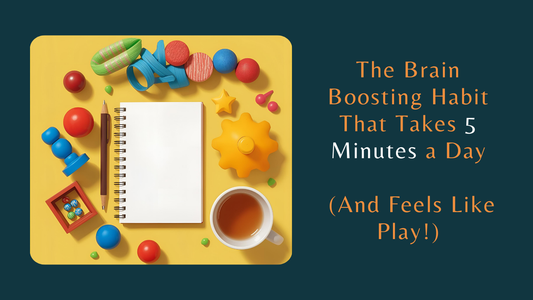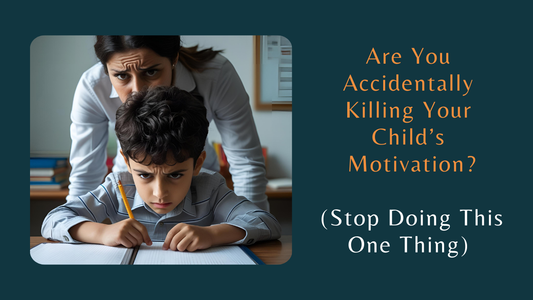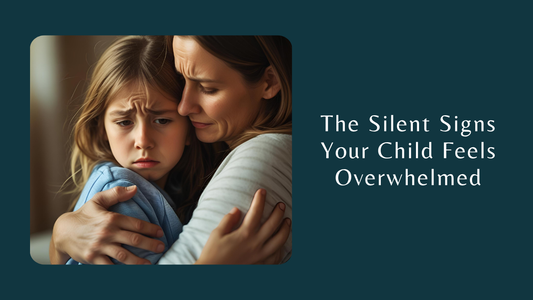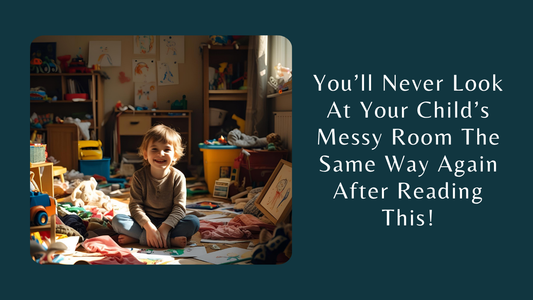Growing up, school was a place of learning, but it often felt like something was missing. While I was taught how to solve equations and memorise historical dates, no one taught me how to navigate my own emotions. Like many children, I was left to figure out my feelings alone, especially since I grew up in a home where emotions were rarely acknowledged or discussed. When you live with emotionally unavailable parents, understanding your own emotions becomes a silent struggle. You learn to suppress rather than express, to internalize rather than communicate. Looking back, I realise how much emotional awareness and meditation would have helped me regulate my feelings and grow into an adult who understands, rather than fears, emotions.
Understanding Emotional Awareness

Emotional Awareness is the ability to identify, manage and understand one’s emotions effectively. It is a crucial skill that lays the foundation for strong mental health, effective decision making, and positive relationships. If I had been taught to recognise my emotions early on, I would have been better equipped to communicate my needs, navigate conflicts with confidence, and set my boundaries. Instead, like many children, I stumbled through emotional experiences with the language or tools to process them. Schools should actively incorporate emotional literacy into the curriculum to ensure that children don’t have to struggle in silence.
The Power of Meditation in Schools

Meditation is a practice that fosters mindfulness – the ability to present and fully engaged in the moment. Numerous scientific studies have shown that meditation reduce stress, improves concentration, and enhances overall well-being. If meditation reduce stress, enhances overall well-being, and improves concentration. If meditation had been part of my school routine, it could have provided a space to pause, reflect, and breath amidst the chaos of growing up. A few minutes of guided meditation in the classroom could have been a lifeline – a chance to process emotions, let go of stress, and find a sense of inner calm that I never knew was possible.
Benefits of Teaching Emotional Awareness and Meditation

Improved Emotional Regulation – teaching children to recognise their emotions helps them manage anger, anxiety, and sadness effectively.
Enhanced Focus and Academic Performance – studies show that mindfulness practices improve concentration, memory retention, and cognitive function.
Better Social Skills and Empathy – emotional literacy fosters kindness, understanding towards peers, and compassion.
Reduce Stress and Anxiety – meditation provides students with coping mechanisms to deal with pressure and expectations.
Long-Term Mental Health Benefits – early emotional education reduces the risk of mental health issues in adulthood.
To promote children mental health and emotional resilience, we want to encourage schools to incorporate more Emotional Awareness and Meditations into their curriculum.
Our proposed implementation strategy includes:
- Weekly, dedicated classes focusing on emotional intelligence, mindfulness techniques, and self-reflection.
- Integration of brief mindfulness exercises into daily lessons by teachers.
- Comprehensive training for educators on emotional coaching and effective meditation methodologies.
- Creation of dedicated, quiet spaces within schools for children to practice meditation and mindful breathing.
Conclusion
Looking back, I can see how different my journey would have been if emotional awareness and meditation had been a part of any education. It would have helped me process emotions rather than bury them, express my needs instead of supressing them, and approach life with self-compassion rather than self-doubt. Incorporating these skills into schools is not just an educational enhancement – it is a necessity. By prioritising emotional and mental well-being, we can equip children with the tools they need to navigate life with confidence, resilience, and understanding. No child should have to figure out emotions alone the way I did. The earlier we introduce these practices, the greater their long-term impact. It’s time to make emotional education fundamental part of growing up.




